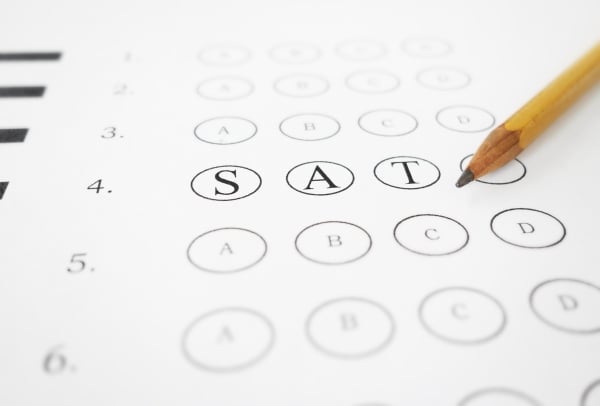Standardized testing has long been a topic of debate in the education system, with many arguing that these tests create a level playing field for all students, while others contend that they only serve to reinforce existing inequalities. One such standardized test, the SAT, has been particularly scrutinized for its role in perpetuating inequity.
The SAT was originally created in the 1920s as a way to assess a student’s aptitude for college. However, over the years, it has evolved into a high-stakes test that can determine a student’s access to higher education and future success. Despite claims from the College Board, the organization that administers the SAT, that the test is an accurate measure of a student’s academic ability, research has shown that the SAT is heavily influenced by a student’s socio-economic background.
Studies have consistently shown that students from higher-income families tend to score higher on the SAT than students from lower-income families. This can be attributed to a variety of factors, including access to test preparation resources, such as tutoring and study materials, as well as the ability to take the test multiple times to improve their scores. In contrast, students from lower-income families may not have the same resources and opportunities to prepare for the SAT, putting them at a distinct disadvantage.
Additionally, the SAT has been criticized for its reliance on rote memorization and test-taking strategies rather than critical thinking skills. This means that students who are able to afford expensive test prep courses are often coached on how to game the system rather than truly demonstrate their knowledge and abilities.
Furthermore, the continued use of the SAT in college admissions processes perpetuates the cycle of inequality, as students from disadvantaged backgrounds may be unfairly disadvantaged in the college admissions process. This can result in fewer opportunities for these students to access higher education and ultimately reach their full potential.
It is clear that the SAT has never truly been about equity. Instead, it has favored students from privileged backgrounds and perpetuated existing disparities in the education system. As calls for greater equity in education continue to grow, it is time to reexamine the role of standardized testing, such as the SAT, in perpetuating inequality and consider more equitable alternatives that truly assess a student’s abilities and potential.



